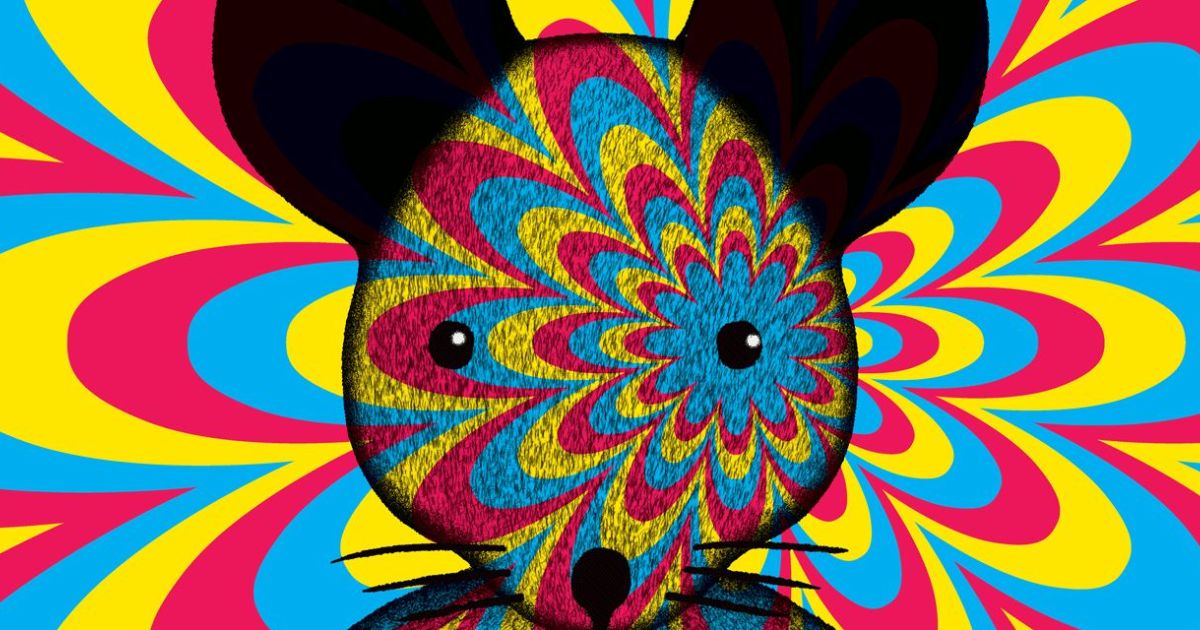Psychology News
Researchers at Anglia Ruskin University explored how hunger increases anger and irritability. They studied a phenomenon called “hangry”. The study is published in the journal PLOS ONE.
The “Hangry” Effect
“Hangry” is the portmanteau of hungry and angry and is used widely in everyday language. It is used to mean a bad temper or irritability induced by hunger.
The Study
To understand the impact of hunger on anger, the researchers surveyed 64 participants from Central Europe over a 21-day period. They were asked to record their levels of hunger and emotional wellbeing on a smartphone app, five times a day.
While surveying the data, the research team took into account demographic factors such as weight, age, sex, gender, dietary behavior, and individual personality traits.
The Findings
The results confirmed that feeling hungry can make us hangry. In fact, the common hunger-induced emotions included greater levels of anger and irritability and lower levels of pleasure.
One of the lead researchers, Viren Swami, elaborated: “[Our research] suggests that being able to label an emotion can help people to regulate it, such as by recognizing that we feel angry simply because we are hungry. Therefore, greater awareness of being ‘hangry’ could reduce the likelihood that hunger results in negative emotions and behaviors in individuals.”
To Know More You May Refer To
Swami, V., Hochstöger, S., Kargl, E., & Stieger, S. (2022). Hangry in the field: An experience sampling study on the impact of hunger on anger, irritability, and affect. PloS one, 17(7), e0269629. https://doi.org/10.1371/journal.pone.0269629




























